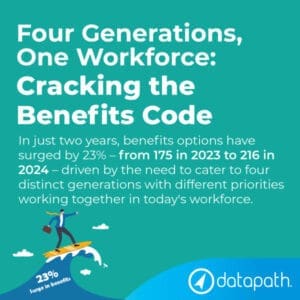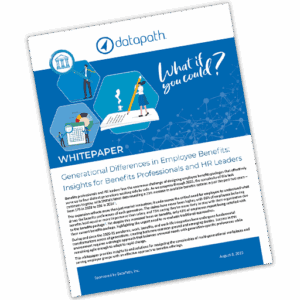Why Smart TPAs Partner with BPO Providers During Enrollment Season Surges
It’s 4:47 PM on a Friday in November. Your phone hasn’t stopped ringing for three hours. Jane from ABC Corp needs to understand why her employee’s HSA enrollment was rejected. Mike has been on hold for 20 minutes about a COBRA notice. Meanwhile, your inbox shows 47 unread emails about benefit changes – all marked “urgent.” Sound familiar? Every fall, TPAs face the same brutal reality: enrollment season hits like a tidal wave. What was










